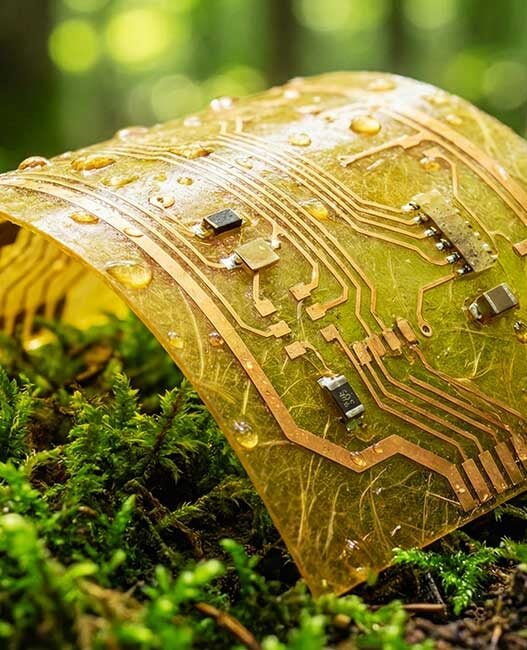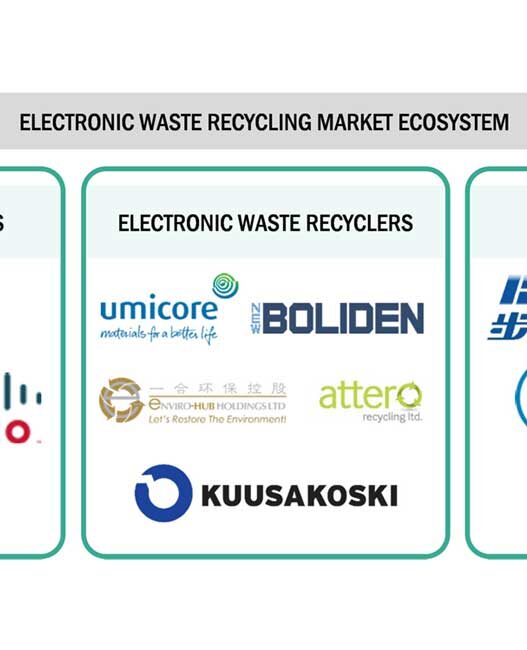According to the Stonehaven report, every year there is a deficit of 59,000 engineers being recruited which will lead to a skills gap of one million engineers by 2030.
So, how can this gap be tacked? Well, the Dyson Institute of Engineering and Technology aims to do just that, by creating a hybrid learning environment. They offer practical degrees, where theory is married with practicality to produce fully robust engineers which, they claim, are educated with a view that they will be working in roles that do not yet exist, solving problems that aren’t yet realised. Plus, it’s the start of a career with this renown brand.
Training engineers for sustainable innovation at the Dyson Institute
Dyson’s founder, Sir James Dyson, established the Dyson Institute in 2017 to provide an alternative to traditional engineering education. Based on Dyson’s technology campus in Malmesbury, Wiltshire, this institution integrates academia with real-world applications, allowing engineering students take part in live projects alongside seasoned Dyson engineers. These students, officially employed by Dyson from the outset, get to use their imaginations to create the products of the future, and all the while they are developing vital engineering skills.
The training prioritises sustainable design from day one to ensure that engineers learn to incorporate environmentally friendly practices into every aspect of product development. This approach is embedded across the four-year Master of Engineering (MEng) programme. By pairing academic theory with immediate hands-on application, the Dyson Institute ensures that graduates enter the field equipped not only with technical knowledge but also with the practical experience and ethical awareness required to tackle sustainability challenges.
Sustainability in design and manufacturing
Sustainability in design and manufacturing is something that is, or really should be, woven into the very fabric of industry, company, employee – there should be an ingrained balance towards environmental responsibility, and part of this balance is also ensuring economic viability.
Implementing sustainable practices is great for several reasons. It helps to reduce emissions – conserving natural resources, and minimising waste – thus lowering the environmental impact. According to the Ellen MacArthur Foundation, a circular approach to product design can significantly reduce resource consumption, fostering a shift from a “take-make-dispose” model to one where products are repaired, reused, or recycled. Not only this, but according to the European Commission, sustainable practices support regulatory compliance and governments worldwide are implementing stringent environmental policies. Sustainable manufacturing also has economic advantages, with research indicating that energy-efficient processes and waste reduction can decrease long-term operational costs. Also, by making sustainability a priority, not only is it making the world a better place for future generations, but it also enables manufacturers to: enhance their brand reputation, meet their consumer expectations, and contribute to a more resilient economy – all whilst reducing their ecological footprint.
Much like the work MathWork are doing, the Dyson Institute also understands this advantage, and so sustainability is something that is embraced and furthered by its engineers. In developing technologies for consumer electronics such as cordless vacuum cleaners, air purifiers, and haircare devices, Dyson engineers make conscious decisions to reduce energy consumption, source eco-friendly materials, and minimise waste in the production process.
Dyson’s engineers aim to extend the lifespan of its products, and they design components that can be easily disassembled and recycled, for example, by using energy-efficient motors and recyclable materials to help reduce the environmental impact of each product. This is a critical focus area for Dyson’s younger engineers, who, under the mentorship of experienced team members, work on prototypes that reflect the latest in sustainable engineering while maintaining Dyson’s robust quality standards.
In this way, the Dyson Institute’s students are able to gain direct exposure to sustainable design principles that are organically sewn into their teachings from the beginning so that, for them, it is the natural way forward. This aspect of their training ensures that they not only innovate today, but that they are also prepared to lead sustainability initiatives in the future.
Shaping the next generation of engineers
The Dyson Institute’s training system not only equips engineers with the technical skills they need to do their jobs, but it also nurtures a responsible, adaptable, and forward-thinking mindset. This ensures that their graduates are not only capable engineers but that they are also ambassadors for sustainable, user-centric, and technically sophisticated design principles.
By making the future a natural priority for their engineers, Dyson is clearing the way for a brighter, greener, forward-thinking future.
















